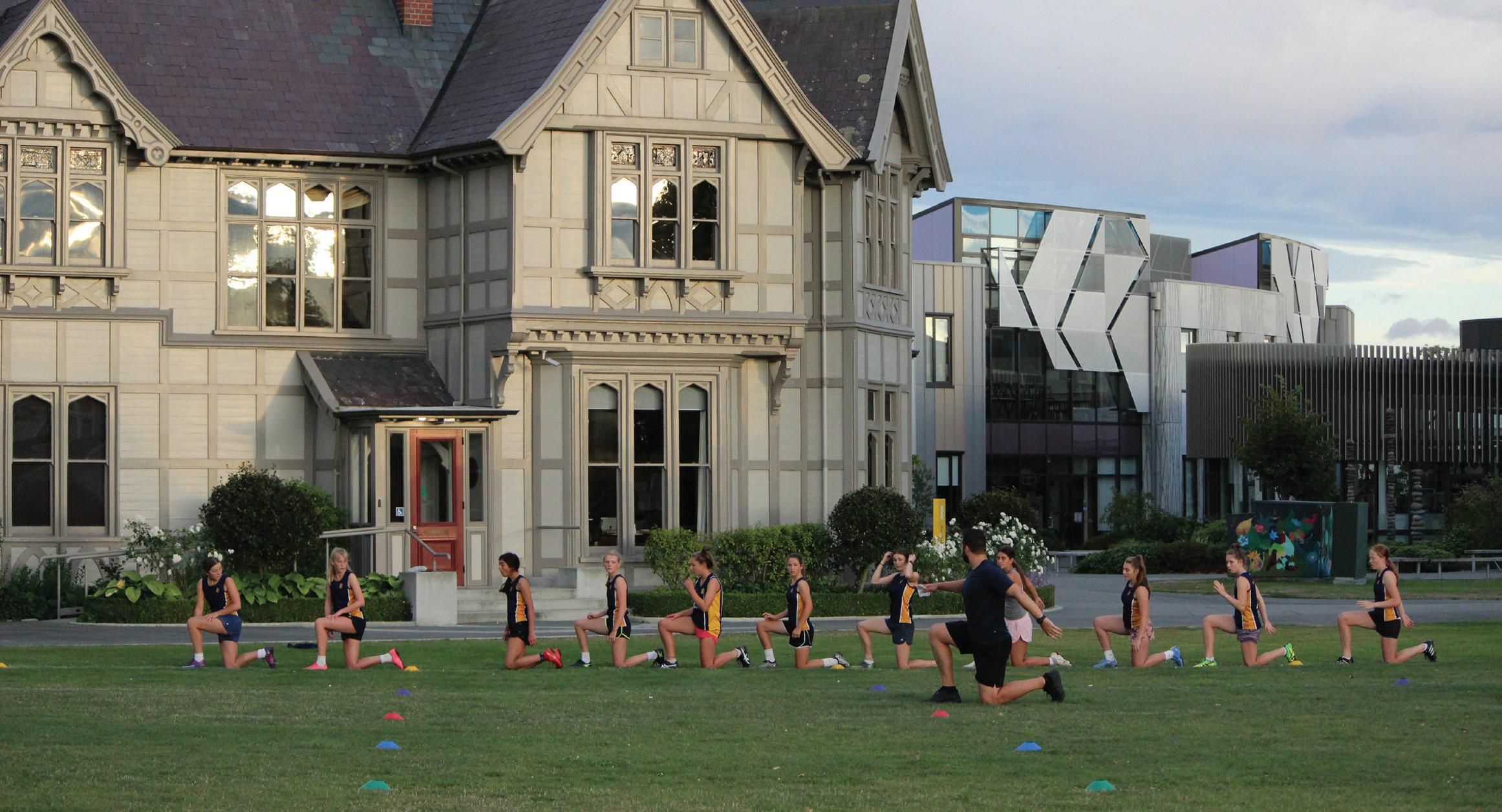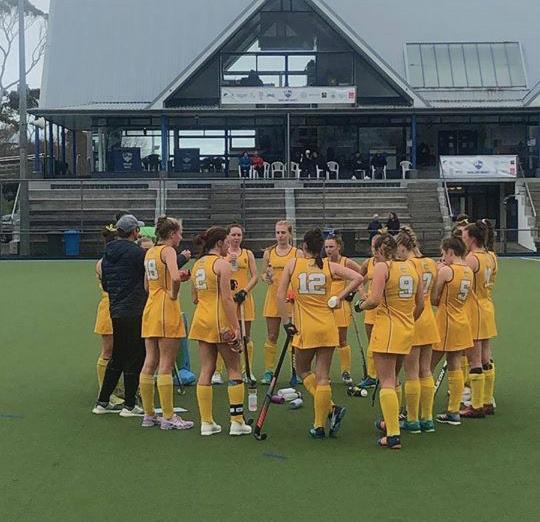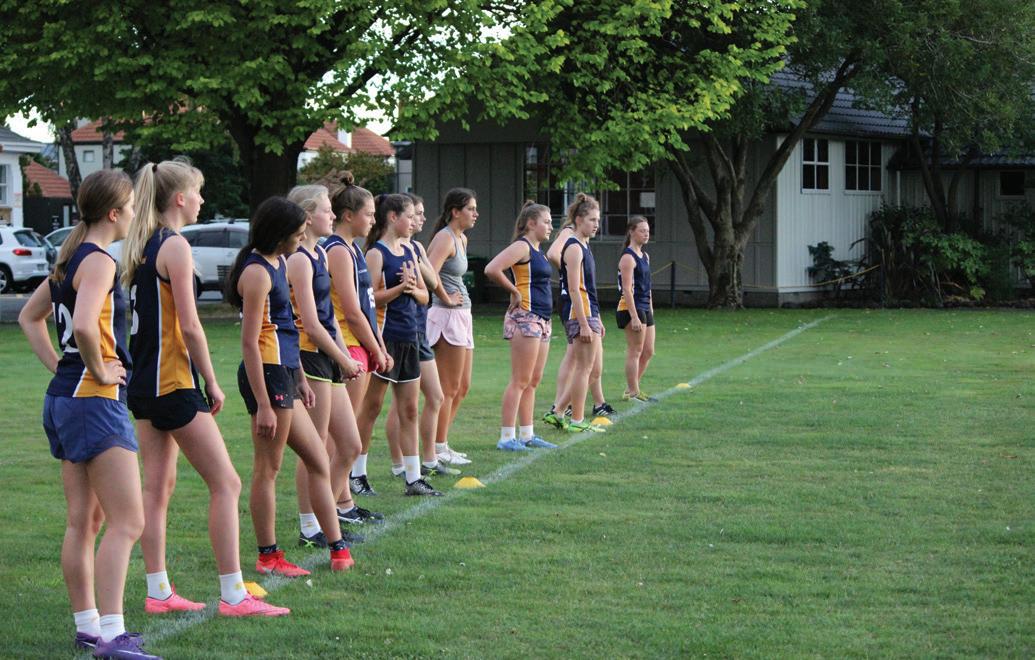
3 minute read
A Technical Edge
Words by Mandy Anderson DIRECTOR OF SPORT
Over the last three years in the Rangi sport programme we have seen the introduction of two key technologies designed to enable us to better support our student athletes – the use of GPS units and wellness monitoring. GPS-based technologies are increasingly used throughout many sports to support performance monitoring. GPS units are small devices about the size of a box of matches which contain a global positioning system (GPS) that updates five times per second, monitoring all necessary movements. The unit is fitted inside the back of a vest worn by the athlete. The device tracks a wearer’s distance covered, speed, number of high intensity sprint efforts (among other data) and then gives an intensity rating out of 100, which reflects how hard the athlete has worked during a game or session.
Monitoring the workload and intensity of our athletes using GPS units has been extremely useful on both an individual and team level:
Individually Access to data provided by the GPS units has enabled us to further support and care for students, ensuring athletes are not being overloaded and equally important, are working at an appropriate intensity.
Teams Monitoring athletes within teams has helped to minimise rates of injuries due to fatigue and burnout, which has helped to boost enjoyment and performance. Thanks to the GPS data which we collect, player loading can be discussed and managed by Team Management to help our athletes make it through a season injury free. Utilising this technology can be particularly helpful during tournament situations. At last year’s Federation Cup, for example, the kilometres covered and the minutes played for 1st XI hockey players was recorded. Where an athlete showed comparatively high levels of kilometres or minutes, a conversation followed between the player and management team to ensure that player welfare was at forefront of mind during the week.
Morning conditioning with Strength & Conditioning Coach, Ross Kennedy
In response to concerns about the increasing demands on student athletes to balance their academic, sporting and personal lives, four years ago we instigated a Wellness monitoring programme for our senior athletes. Initially students sent their wellness ‘scores’ via Facebook to our Strength & Conditioning coach, who manually loaded these onto a Google spreadsheet….how times have changed! Last year we commenced monitoring the girls’ wellness using a platform called Komodo Monitr. Twice a week, before school starts, student athletes in senior teams answer an online survey, rating five indicators of well-being (sleep, mind state, muscle condition, energy levels and nutritional quality) along with the intensity and duration of their workouts. This process takes less than 60 seconds to complete and the girls can do this via an app or on their laptops. The feedback which is provided allows our team to help identify when students may be feeling overwhelmed or showing signs of an imbalance in their weekly schedule. The Komodo platform allows us to track trends and helps identify when students are at a greater risk of injury or illness due to overloading. Ultimately this allows us to be proactive in adjusting training schedules/loads. We have found that by partaking in the Wellness monitoring programme, the girls themselves are having greater awareness on how they are managing their personal workloads and recovery. Both Wellness and GPS monitoring have become two key elements in the sports programme at Rangi Ruru. The data gained from utilising GPS units and wellness monitoring provides coaches and the management team with an opportunity to instigate “How’s it going?” conversations with student athletes. In an ever-changing sports environment these two technologies help us to ensure we are keeping the welfare of our student athletes at forefront of mind, supporting them in and out of sport to perform to the best of their capabilities.












